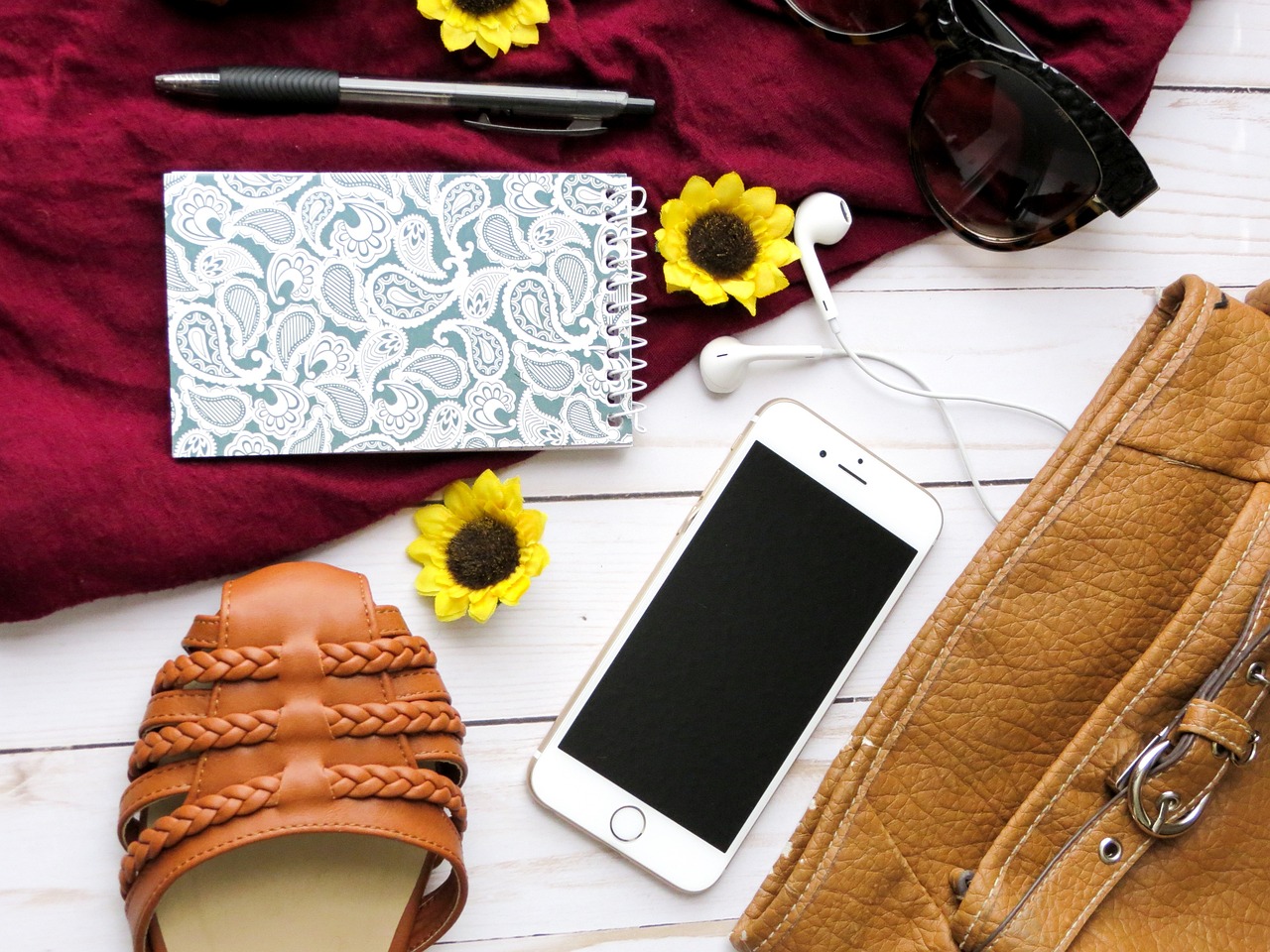Minimalism: The Art of Living with Less in a Consumer-driven Society
In today’s consumer-driven society, the idea of minimalism has gained significant popularity as more people seek to simplify their lives and focus on what truly matters. Minimalism is not just about decluttering your physical space; it is a mindset that can lead to a more intentional and fulfilling life. In this article, we will explore the art of living with less in a consumer-driven society and how you can embrace minimalism to create a more meaningful existence.
The Essence of Minimalism
At its core, minimalism is about intentional living and making deliberate choices about what we own, consume, and focus on in our lives. It is a lifestyle that values quality over quantity and seeks to eliminate distractions and excess to make room for the things that truly add value to our lives. Minimalism is not about deprivation or asceticism but rather about living with purpose and intention.
The Benefits of Minimalism
Embracing minimalism can have a multitude of benefits for both your mental and physical well-being. By simplifying your surroundings and reducing clutter, you can create a sense of calm and tranquility in your living space. Minimalism can also help you save money by avoiding unnecessary purchases and focusing on what truly brings you joy. Additionally, living a minimalist lifestyle can reduce stress, increase productivity, and improve your overall quality of life.
Practical Tips for Embracing Minimalism
If you are interested in adopting a more minimalist lifestyle, there are several practical steps you can take to begin your journey. Start by decluttering your home and getting rid of items that you no longer use or love. Consider adopting a “one in, one out” rule for new purchases to prevent clutter from accumulating in the future. Focus on quality over quantity when buying new items and prioritize experiences over material possessions.
Living Mindfully in a Consumer-driven Society
In a society that constantly bombards us with messages to buy more, minimalism offers a refreshing alternative that encourages us to be more mindful and intentional in our consumption habits. By practicing mindfulness, we can become more aware of our desires and impulses, allowing us to make more conscious and sustainable choices. Living mindfully in a consumer-driven society means being intentional about what we bring into our lives and considering the impact of our choices on ourselves and the planet.
Minimalism and Sustainability
Minimalism and sustainability go hand in hand, as both philosophies emphasize the importance of living in harmony with the planet and reducing our environmental footprint. By consuming less and focusing on quality over quantity, we can reduce waste and lessen our impact on the environment. Minimalism encourages us to be more conscious consumers and to consider the long-term effects of our choices on the world around us.
FAQs about Minimalism
Q: Is minimalism the same as decluttering?
A: While decluttering is often a part of adopting a minimalist lifestyle, minimalism is a broader philosophy that encompasses intentional living and being deliberate about the things we own and consume.
Q: Can I still enjoy shopping if I embrace minimalism?
A: Minimalism does not mean giving up shopping entirely, but rather being more mindful and intentional about what you buy. Focus on quality over quantity and only purchase items that truly add value to your life.
Q: How can minimalism benefit my mental health?
A: Living with less can reduce stress and anxiety by creating a more peaceful and organized living environment. Minimalism can also improve your mental well-being by helping you focus on what truly matters and eliminating distractions.







